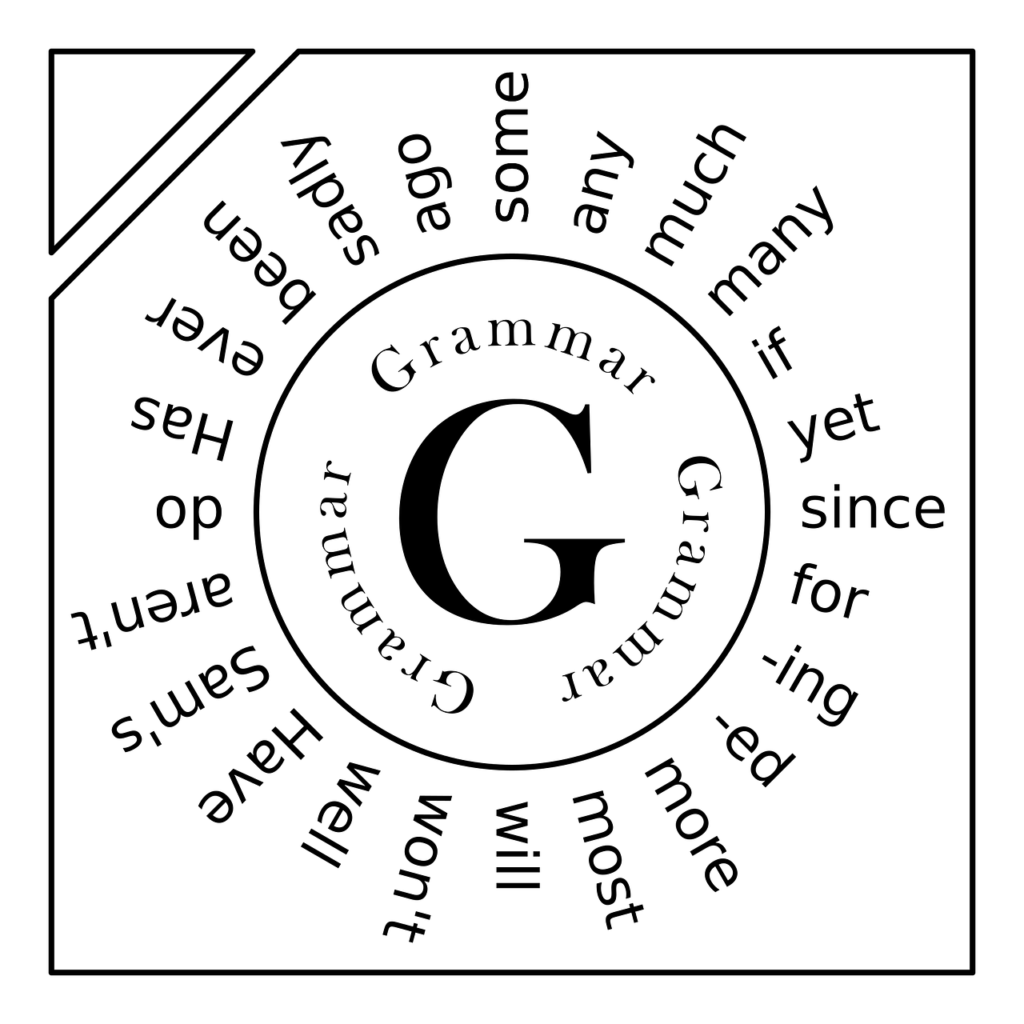The Shoe Is On The Other Foot
“The shoe is on the other foot” is an idiomatic expression used to describe a situation where roles or positions have been reversed between two parties, especially in terms of power, advantage, or responsibility. This reversal often highlights a sense of irony or poetic justice, where the person who once had the upper hand now […]
The Shoe Is On The Other Foot Read More »








